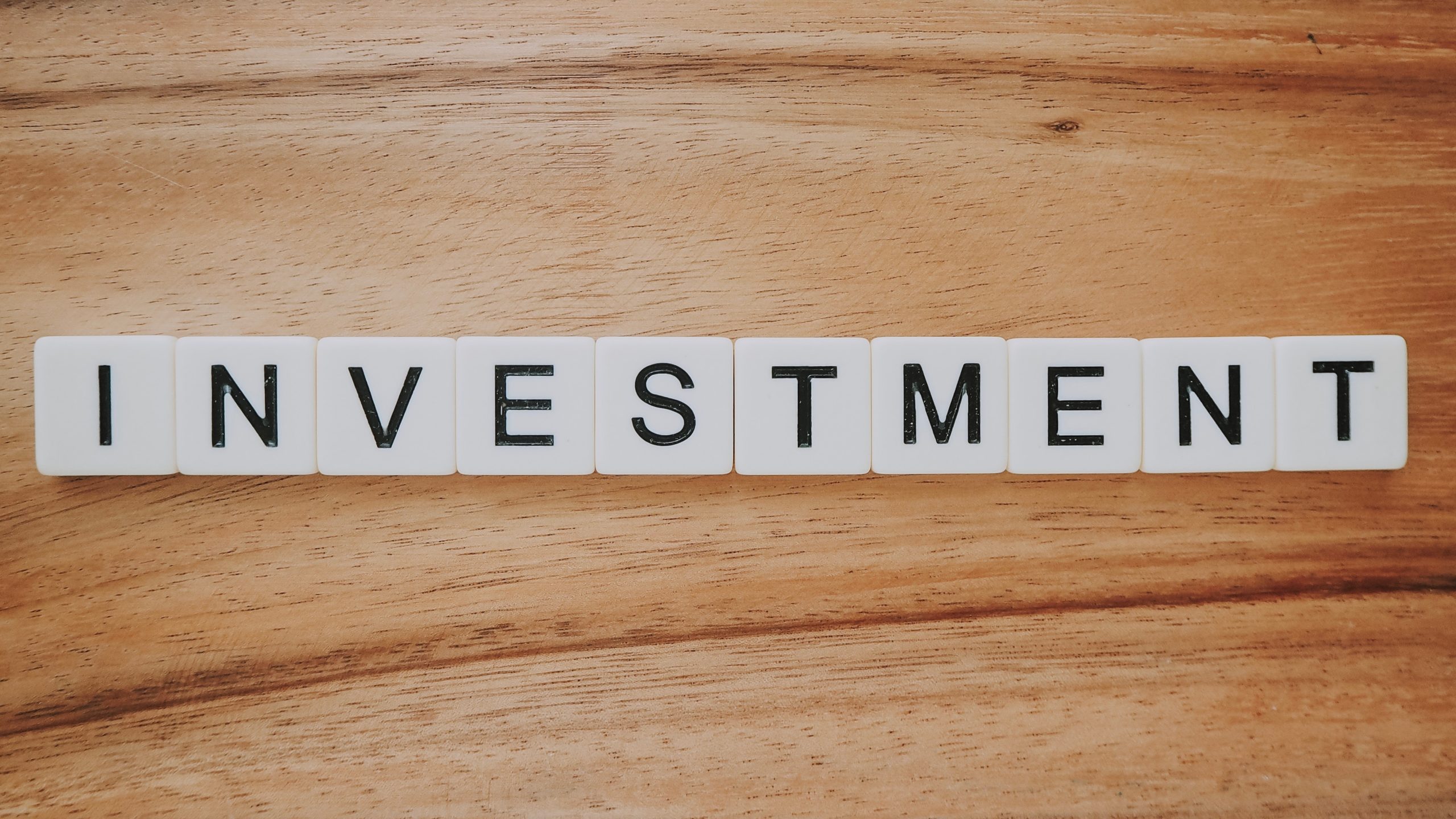Worldwide, the call is growing for smarter, more sustainable choices... Thanks to increasing awareness and to the loud calls from the masses, the big players are taking note and taking action.
Stephen Smith | February 5, 2020 | Climate ChangeWorldwide, the call is growing for smarter, more sustainable choices that will slow and reverse the damage we have done to our planet by burning fossil fuels for decades. People from all walks of life and from across the globe are fed up with lackluster leadership and are finding new ways to make their voices heard. As a new generation of activists and decisionmakers takes the stage, the call is becoming louder and more difficult to ignore.

Thanks to increasing awareness and to the loud calls from the masses, the big players are taking note and taking action. Just a few weeks ago, the massive global investment management firm Blackrock made waves by announcing that it will begin to divest from coal and fossil fuels.
BlackRock CEO Larry Fink cites the company’s inherent fiduciary responsibility to clients and mountain of public pressure as key factors in the decision. In his letter to investors he argues that the overwhelming science of climate change will have a tangible impact on economics in the near future, and that his clients deserve, and are demanding, smart investments for their funds:
“Climate risk is investment risk. Indeed, climate change is almost invariably the top issue that clients around the world raise with BlackRock.”
Naturally there are conflicting accounts regarding the degree to which this grandiose announcement actually  means in practice, and the real impact of these changes remains to be seen. But the mere fact that this type of rhetoric is coming from a firm in control of nearly 10% of the world’s capital ($7 trillion of the world’s roughly $80 trillion) is indeed a shift of ‘seismic’ proportions. As Bill McKibben says in his article in the New Yorker, “there is still much work to be done. For today, though, it’s enough that the biggest guy on the block has begun knuckling under to reality—a reality that Fink acknowledges will only grow larger.”
means in practice, and the real impact of these changes remains to be seen. But the mere fact that this type of rhetoric is coming from a firm in control of nearly 10% of the world’s capital ($7 trillion of the world’s roughly $80 trillion) is indeed a shift of ‘seismic’ proportions. As Bill McKibben says in his article in the New Yorker, “there is still much work to be done. For today, though, it’s enough that the biggest guy on the block has begun knuckling under to reality—a reality that Fink acknowledges will only grow larger.”
When we invest, when we spend money in any amount, we are in essence voting with our actions… choosing to support businesses and industries because they meet our needs or provide a service at a cost we feel is reasonable. By redirecting our personal investments and tax dollars away from fossil fuels and toward natural and sustainable solutions, we can effectively vote the way Greta Thunberg calls on us to: we can stop funding things that destroy nature, and pay for things that help it. In the young activist’s words, it is critical that we use our financial ballots to
- PROTECT our natural ecosystems that are so valuable;
- RESTORE the damage already done; and
- FUND climate solutions that take carbon out of the air; energy efficiency and renewable energy sources that move us away from fossil fuels; and electrification of our transportation sector.
Many of those in positions of power will resist these changes, hanging on to the status quo that has benefited them thus far. But this shortsighted approach can only last so long, as reputable sources are coming around to support smart concepts like divestment. When Treasury Secretary Steven Mnuchin outrightly mocked Greta Thunberg last week in Switzerland, suggesting her positions are uneducated and naïve, the Washington Post went straight to an economics expert whose position strongly supports the divestment movement. Gernot Wagner, who holds multiple degrees from Harvard and Stanford, explained in no unclear terms: “Econ 101 doesn’t say, ‘Divest!’ … It says to price the externality. Divestment is one of the many tools of activists — and activist investors — to try to achieve precisely this policy goal of — finally — pricing the externality.” Wagner referenced the BlackRock decision in his interview on Thunberg, and drew a telling comparison, saying, “It’s precisely this scenario of having fossil fuels go the way of tobacco that makes fossil fuel execs the most nervous.”
As the Washington Post author concludes, “Thunberg is applying pressure on companies to reduce greenhouse gas emissions that might otherwise come from increasing the price of those emissions — an action that the administration Mnuchin works for is uninterested in taking.”
We agree. And we are excited to be a part of the movement in the right direction. Visit our website to learn more about what SACE is doing to change the way our country produces and consumes energy, and join us in raising the call to support smart, safe, affordable clean energy for the Southeast!